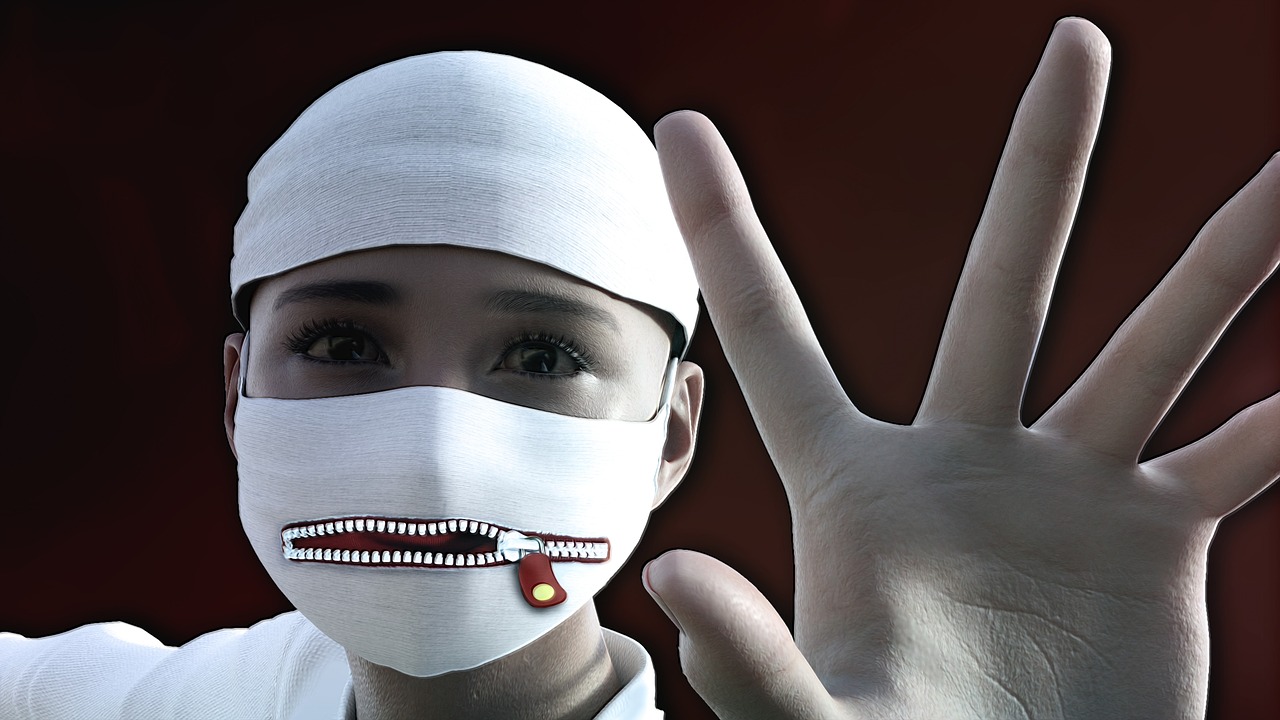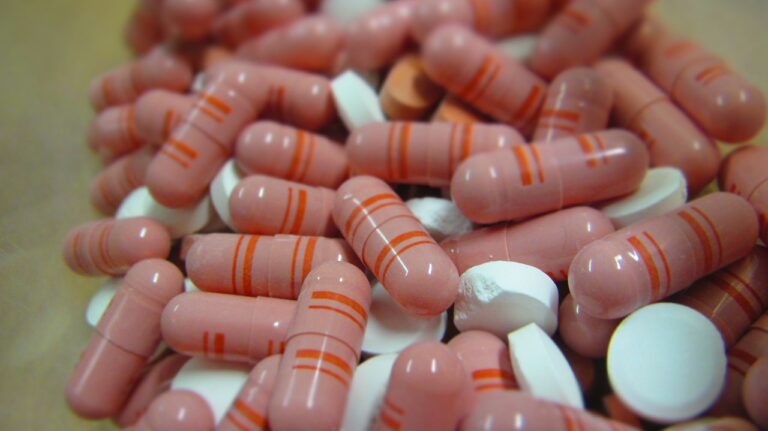Advances in Treating Macular Degeneration
betbhai247, playexch live, gold365:Macular degeneration is a common eye condition that affects millions of people worldwide, particularly those over the age of 50. It is a leading cause of vision loss in older adults and can have a significant impact on one’s quality of life. Fortunately, there have been significant advances in the treatment of macular degeneration in recent years that offer hope to those affected by this condition.
Early detection and treatment are key in managing macular degeneration and preserving vision. Regular eye exams are essential for detecting any changes in the macula, the central part of the retina responsible for sharp, central vision. If detected early, there are several treatment options available to help slow the progression of the disease and preserve vision.
1. Anti-VEGF Injections
One of the most common and effective treatments for macular degeneration is anti-VEGF injections. Vascular endothelial growth factor (VEGF) is a protein that promotes the growth of abnormal blood vessels in the retina, which can cause damage and vision loss. Anti-VEGF injections help to block the action of VEGF, preventing the growth of these blood vessels and reducing the risk of vision loss.
2. Photodynamic Therapy
Photodynamic therapy is another treatment option for macular degeneration that involves the use of a photosensitive drug and a special laser. The photosensitive drug is injected into the bloodstream and then activated by the laser, targeting and destroying abnormal blood vessels in the retina. This treatment can help to slow the progression of the disease and preserve vision.
3. Retinal Laser Therapy
Retinal laser therapy is another option for treating macular degeneration, particularly in cases where abnormal blood vessels have already formed in the retina. The laser is used to target and seal off these blood vessels, preventing further damage to the macula and preserving vision.
4. Implantable Miniature Telescope
For individuals with advanced macular degeneration that cannot be treated with other methods, the implantable miniature telescope offers a unique solution. This tiny telescope is implanted into the eye to magnify images and project them onto healthy areas of the retina, allowing individuals to see more clearly and improve their quality of life.
5. Stem Cell Therapy
Stem cell therapy is an exciting area of research for the treatment of macular degeneration. Scientists are exploring the use of stem cells to regenerate damaged retinal tissue and restore vision in individuals with the condition. While still in the experimental stages, stem cell therapy shows promise for the future of macular degeneration treatment.
6. Gene Therapy
Another innovative approach to treating macular degeneration is gene therapy, which involves delivering healthy genes to cells in the retina to replace faulty ones that contribute to the development of the disease. Gene therapy has shown potential in preclinical studies and may offer a new avenue for treating macular degeneration in the future.
In conclusion, advances in the treatment of macular degeneration have brought new hope to individuals affected by this debilitating eye condition. Early detection, regular eye exams, and prompt treatment are essential in managing the disease and preserving vision. With ongoing research and innovative therapies such as anti-VEGF injections, photodynamic therapy, retinal laser therapy, implantable miniature telescopes, stem cell therapy, and gene therapy, there are more options available than ever before for individuals with macular degeneration.
FAQs
Q: How is macular degeneration diagnosed?
A: Macular degeneration is typically diagnosed through a comprehensive eye exam, including a visual acuity test, dilated eye exam, and imaging tests such as optical coherence tomography.
Q: Can macular degeneration be prevented?
A: While the exact causes of macular degeneration are not fully understood, certain lifestyle factors such as smoking, UV exposure, and a poor diet may increase the risk of developing the condition. Eating a healthy diet, protecting your eyes from UV light, and avoiding smoking may help reduce the risk of macular degeneration.
Q: What are the symptoms of macular degeneration?
A: Symptoms of macular degeneration include blurred or distorted central vision, difficulty seeing fine details, and a dark or empty area in the center of your vision. If you experience any of these symptoms, it is important to see an eye care professional for an evaluation.
Q: Is there a cure for macular degeneration?
A: While there is currently no cure for macular degeneration, early detection and treatment can help slow the progression of the disease and preserve vision. Research into new treatments such as stem cell therapy and gene therapy offer hope for the future of macular degeneration treatment.







